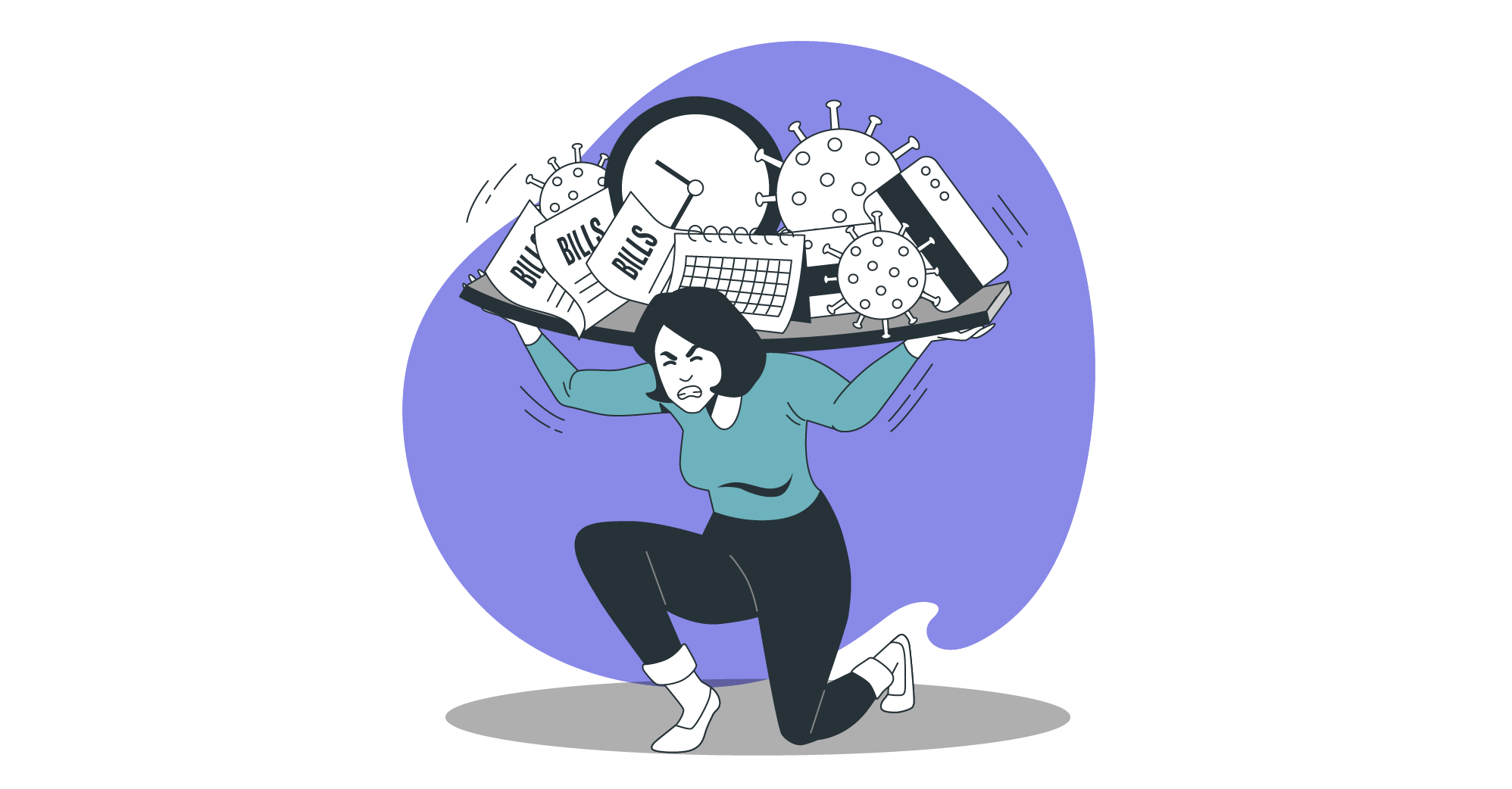

Stress is an inevitable part of life, but the way we navigate its challenges can profoundly impact our overall well-being. In this exploration, we’ll delve into a holistic approach to stress management, encompassing mindfulness practices, dietary choices, hydration, and considerations for both living and work situations. By adopting a comprehensive strategy, you can create a resilient foundation for tackling stress in its various forms.
While it may seem obvious, your living and work environments are elements that may contribute to stress. To start, you might want to consider incorporating elements of nature, such as plants, natural light, or calming colors, into your surroundings at home or even at work. Establish boundaries to maintain a healthy work-life balance and cultivate positive relationships with coworkers and family members. Creating a harmonious living and work space can significantly reduce stress levels. We all have parts of our lives that are difficult to deal with from time to time. When it’s possible, removing yourself from stressful situations can be extremely rewarding. When making a choice like that is not possible, learning specific coping mechanisms on how to best deal with people and situations around you is the next best choice.
Your food is your fuel. What we consume plays a crucial role in our mental and emotional well-being. Opt for a balanced diet rich in whole foods, including fruits, vegetables, lean proteins, and whole grains. Omega-3 fatty acids, found in fish, flaxseeds, and walnuts, have been linked to mood regulation and stress reduction. Not sure what your current intake is? A food tracker app can help you understand how much you are eating and what is actually in your food. We recommend MyFitnessPal! Additionally, limiting the intake of caffeine and refined sugars can contribute to a more stable emotional state, as these substances may exacerbate feelings of anxiety.
Dehydration can exacerbate stress symptoms, affecting concentration, mood, and energy levels. Ensure you stay adequately hydrated by drinking enough water throughout the day. Herbal teas, infused water, and electrolyte-rich beverages can also contribute to overall hydration, supporting your body’s ability to cope with stress.
Begin by ensuring you drink enough water throughout the day. The general guideline of eight 8-ounce glasses a day is a good starting point, but individual needs may vary based on factors such as age, activity level, and climate. Consider your body weight and aim for at least half an ounce to an ounce of water per pound of body weight. Remember, factors like exercise and warmer weather may necessitate increased water intake to offset fluid loss.
In regions where tap water contains hard minerals, investing in a quality water filtration system becomes essential. Hard water, laden with minerals like calcium and magnesium, can affect the taste of water and contribute to the buildup of deposits in appliances and plumbing. A reliable water filter not only improves the taste but also removes impurities, providing a cleaner and healthier source of hydration.
While convenience often leads to the reliance on single-use plastic water bottles, it’s crucial to be aware of the environmental and potential health implications associated with them. Recent studies have revealed that single-use plastic bottles may contain up to 1000 times more microplastic particles than previously thought. These microscopic plastic pieces can leach into the water, posing potential health risks when consumed. Encouraging the use of reusable water bottles made from materials such as stainless steel or BPA-free plastics can be a sustainable and health-conscious choice. Not only does this reduce the environmental impact of single-use plastics, but it also safeguards your water from potential contamination.
Regular physical activity is a natural stress reliever, releasing endorphins that improve mood and reduce anxiety. Find activities you enjoy, whether it’s a brisk walk, yoga, or dancing, and make them a consistent part of your routine. Aim for at least 30 minutes of moderate exercise most days of the week to experience the full benefits of physical activity on stress management.
At the core of mindfulness is the art of creating awareness about our inner monologues, the constant chatter within our minds. By honing this awareness, we become better equipped to handle life’s issues with a calm and centered approach. Mindfulness encourages us to observe our thoughts without judgment, allowing us to cultivate a deeper understanding of our emotions and reactions.
Engaging in mindfulness practices, such as meditation, breathwork, or body scanning, provides moments of stillness amid life’s chaos. These practices act as a pause button, enabling us to step back from the whirlwind of stressors and respond to challenges with greater clarity. Regular mindfulness exercises not only enhance our emotional intelligence but also promote a sense of inner harmony that can endure through life’s ups and downs.
Quality sleep is essential for stress resilience. Establish a consistent sleep schedule, create a relaxing bedtime routine, and ensure your sleep environment is conducive to rest. Prioritize sleep as a non-negotiable component of your well-being, recognizing its role in emotional regulation and cognitive function.
Nurturing positive social connections can be a powerful buffer against stress. Cultivate relationships with friends, family, or support groups that provide a sense of belonging and understanding. Open communication and sharing experiences can create a support network that strengthens your ability to cope with life’s challenges.
In the pursuit of stress management, it’s crucial to recognize the interconnectedness of various aspects of life. By adopting a holistic approach that encompasses mindfulness, dietary choices, hydration, living and work situations, physical activity, sleep hygiene, and social connections, you empower yourself to navigate stress with resilience and grace. Remember, the journey to well-being is unique for each individual, so explore different strategies to discover what works best for you.